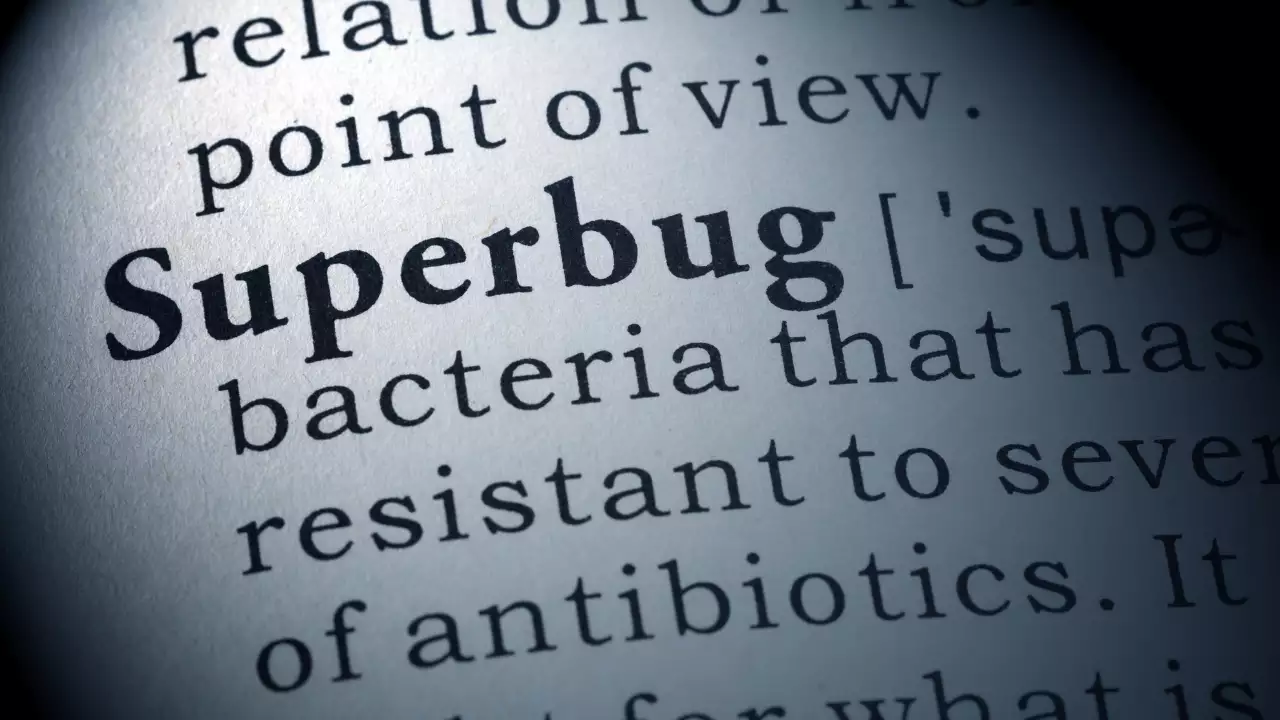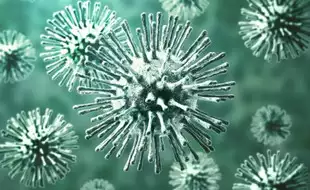News
Superbugs: The Silent Pandemic That Could Make COVID-19 Look Like a Trial Run

Image - Canva
Superbugs, microorganisms resistant to antimicrobial drugs, pose a severe threat to global health. According to Dr Arvind Balakrishna Kasaragod, Director of Medical Services, Cloudnine Group of Hospitals, these drug-resistant pathogens emerge due to antimicrobial resistance (AMR), a phenomenon driven by the misuse and overuse of antimicrobials. Infections caused by superbugs lack effective treatments, potentially creating a crisis worse than the COVID-19 pandemic.
The Impact of AMR
Dr Kasaragod says that AMR undermines essential medicines, complicating the treatment of common infections and increasing mortality rates. Over 1.2 million lives are lost annually to drug-resistant infections worldwide, with projections suggesting this figure could rise to 10 million by 2050 if no action is taken. Resistant pathogens transcend borders, jeopardising advancements in modern medicine and placing enormous strain on healthcare systems.
“Without effective antimicrobials, routine surgeries and medical procedures become high-risk endeavours,” Dr Kasaragod explains, adding that there is an urgency for coordinated global action.
Root Causes of Superbugs
India, the world's largest consumer of antibiotics, exemplifies the factors fueling AMR. Dr Kasaragod identifies over-prescription, self-medication, and unregulated access to antibiotics as critical contributors. Between 2000 and 2015, antibiotic usage in India surged by 103%, according to The Lancet.
Agricultural practices also play a role, with antibiotics used routinely in livestock. “Resistant bacteria can transfer to humans through the food chain and environmental exposure, further amplifying the crisis,” Dr Kasaragod adds.
Challenges in Combating AMR
Efforts to curb AMR face numerous obstacles, including a lack of awareness, economic interests, and inadequate research funding. “AMR is a complex issue requiring systemic changes in healthcare, agriculture, and public policy,” Dr Kasaragod says.
Global cooperation is crucial, as resistant microbes spread easily through human movement, food, and the environment. However, enforcement of regulations and public education campaigns often fall short due to financial and logistical challenges.
Call to Action
Dr Kasaragod urges immediate, coordinated efforts to address AMR.
Healthcare Professionals: Adhere to antimicrobial stewardship programmes and educate patients on the risks of misuse.
Policymakers: Enforce stricter regulations on antibiotic sales and agricultural use.
Public Awareness: Increase campaigns highlighting the dangers of AMR and self-medication.
Research Investment: Fund the development of new antibiotics, rapid diagnostics, and alternative treatments.
International Collaboration: Foster unified strategies and data sharing to combat the global spread of resistance.
“The time to act is now,” Dr Kasaragod stresses. “If we fail, future generations will face a world where minor infections become life-threatening, routine surgeries too dangerous, and medical advancements reversed.”
Get Latest News Live on Times Now along with Breaking News and Top Headlines from Health and around the world.
Our Blogs
Our Recent News

Deep Brain Stimulation Helps Two Patients Walk After Spinal Cord Injury
Scientists used deep brain stimulation through implantation of electrodes into specific brain areas ...

Can You Become Taller After You Hit 18? Know Ways To Increase Your Height
Many factors contribute to our overall height like genes, food habits, lifestyle, and percentage of ...

Deadly Mystery Disease Strikes Southwest Congo: 143 Lives Lost In Sudden Outbreak, Health Officials Investigate
Deadly Mystery Disease Strikes Southwest Congo: 143 Lives Lost In Sudden Outbreak, Health Officials ...

